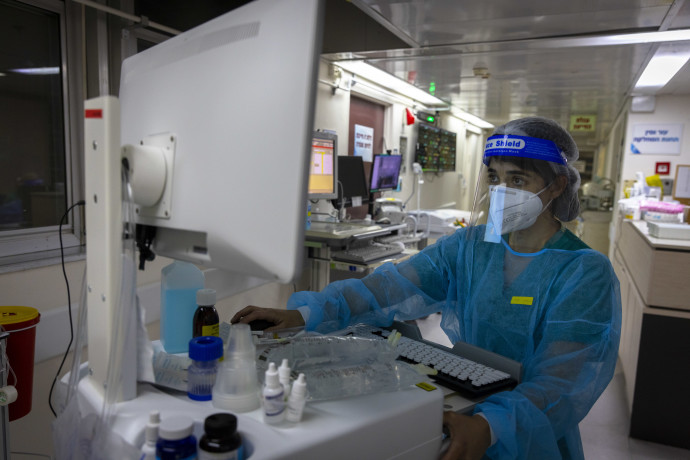Vitamin D supplementation has been found by researchers in Israel and Russia to improve immune function in COVID-19 patients – and is thus recommended for them, as well as for healthy people.
Your body uses Vitamin D to absorb minerals like calcium and phosphorus. Not only does it strengthen your teeth and bones, it also benefits the muscles, nerves and immune system.
Although you can get it from sunshine on your skin, this ability declines with age. It can be hard for anyone to get enough vitamin D each day through sun exposure and food alone, so taking supplements helps.
Like vitamins A, E and K, it is a fat-soluble vitamin that is stored in the body for a long time – unlike vitamin C which is flushed out of the body quickly. Vitamin D is also ingested from eating egg yolks, fatty fish like salmon, sardines, herring and canned tuna, beef liver, fortified milk, cereals, yogurt and orange juice.
Among its known benefits are helping to prevent certain types of cancer, boosting your mood, helping you lose weight, and lowering blood pressure and the risk of type 2 diabetes, heart disease and rheumatoid arthritis.

Doctors recommend that adults get at least the Recommended Dietary Allowances (RDA) of 600 International Units of Vitamin D. However, 1,000 to 2,000 IU per day from a supplement is generally safe. Taking the vitamin for long periods of time in doses higher than 4000 IU may be unsafe and cause very high levels of calcium in the blood.
Some side effects of taking too much vitamin D include weakness, dry mouth, nausea and vomiting.
Benefits of vitamin D
An article on the benefits of vitamin D to coronavirus patients has just been published in the latest issue of The Israel Medical Association Journal (IMAJ) by Prof. Yehuda Shoenfeld of Ariel University and Sheba Medical Center and Dr. Vania Borba of the Laboratory of the Mosaics of Autoimmunity at the First Moscow State University in Russia.
“Outcomes of published clinical trials demonstrate that vitamin D levels are inversely correlated with the COVID-19 severity, serum levels of inflammatory markers and fatality rates, mainly through the modulation of the innate immune response and possible enhancement of antibody generation post-vaccination,” they wrote.
A large number of systematic reviews and meta-analyses (composite of studies) have shown that patients with low vitamin D levels are more prone to experience a COVID-19 infection, have worse disease prognosis and have higher mortality rates.
The probability of death was found to be higher by as much as 50% in COVID patients with severe vitamin D deficiency, while this probability fell to 5% in patients with good levels of the vitamin, the researchers wrote.
“Notwithstanding, there is ongoing discussion regarding whether low vitamin D is caused by the infection or if its deficiency negatively affects the immune disease,” they continued. In any case, giving vitamin D supplements to COVID patients has improved their immune function, mainly by increasing the percentage of blood lymphocytes.
“A growing body of evidence supports the safety and beneficial effects of vitamin D supplementation to fight COVID-19 disease, reducing disease incidence, severity and mortality among those with sub-optimal levels,” they concluded.
